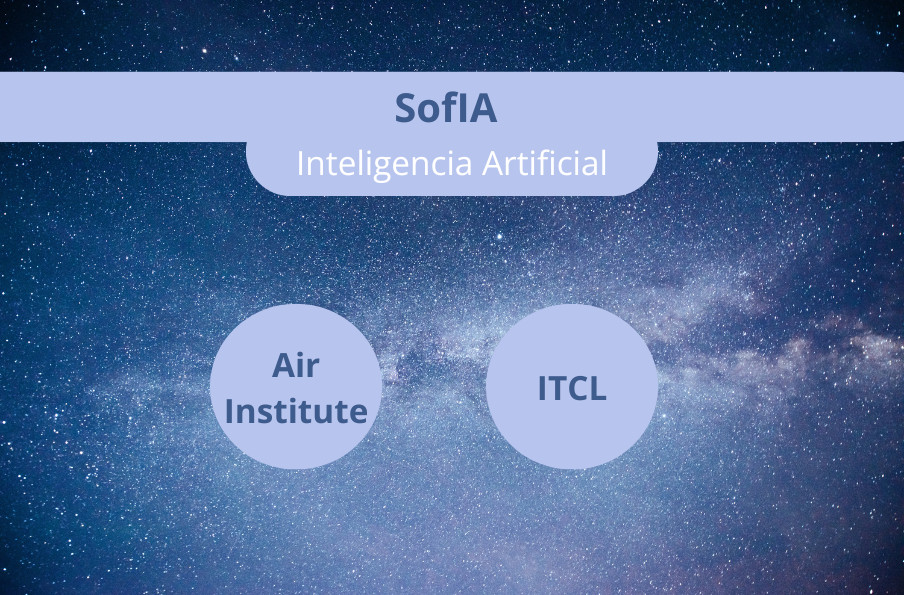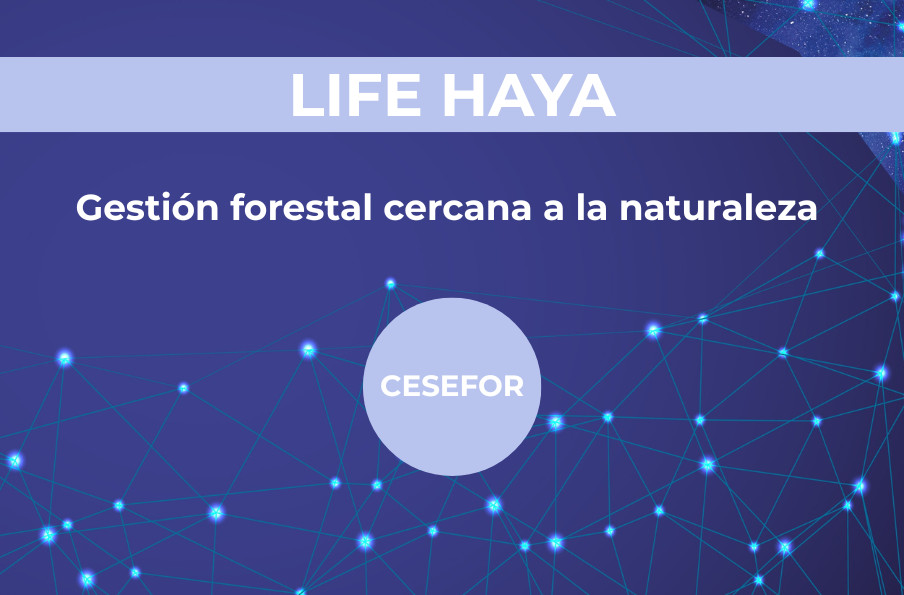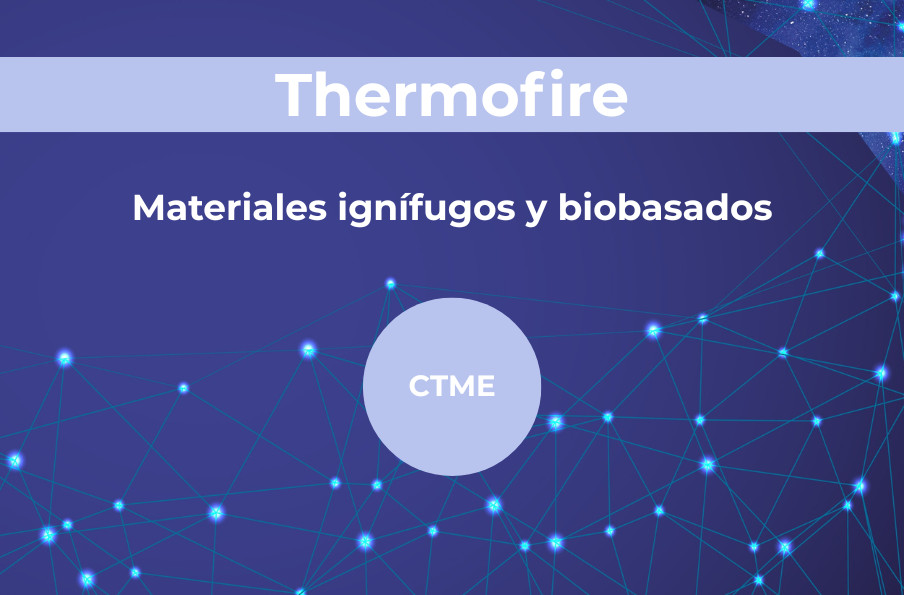The FREE4LIB project coordinated by CARTIF is a key innovation in the recycling of lithium batteries, offering a sustainable solution to overcome major environmental challenges and revolutionize their life cycle in the current technological era.

The FREE4LIB project is launched with an ambitious goal: to develop six new sustainable and efficient processes for recycling lithium batteries at the end of their useful life. This comprehensive approach aims to improve the supply of secondary resources within the European Union, and to set a new standard in battery recycling, achieving a TRL 5-6* level in its processes.
Technology and sustainability hand in hand
FREE4LIB does not stop at recycling; the project also focuses on improving the reuse of metals and polymers and the synthesis of new electrodes, thus promoting the creation of more sustainable batteries. By implementing advanced technologies, such as the ultrasonic process for cathode delamination, and direct recycling through hydrothermal and electrochemical methods, FREE4LIB is setting a precedent in battery waste management.
In addition to its technological advances, FREE4LIB is deeply committed to assessing the environmental and socio-economic impacts of its processes. Through life cycle analysis (LCA), the project identifies critical health and safety risks, ensuring that every step taken is beneficial not only for the economy but also for our planet.
Expected results: a circular ecosystem for lithium batteries
With the coordination of CARTIF, FREE4LIB hopes to develop technically viable processes and promote circularity in the lithium battery value chain. This includes the efficient recovery of critical raw materials and the facilitation of a recycling and remanufacturing model that addresses the growing demand for lithium batteries in a sustainable manner.
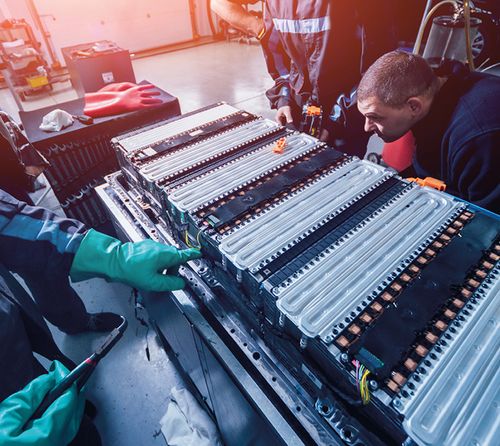
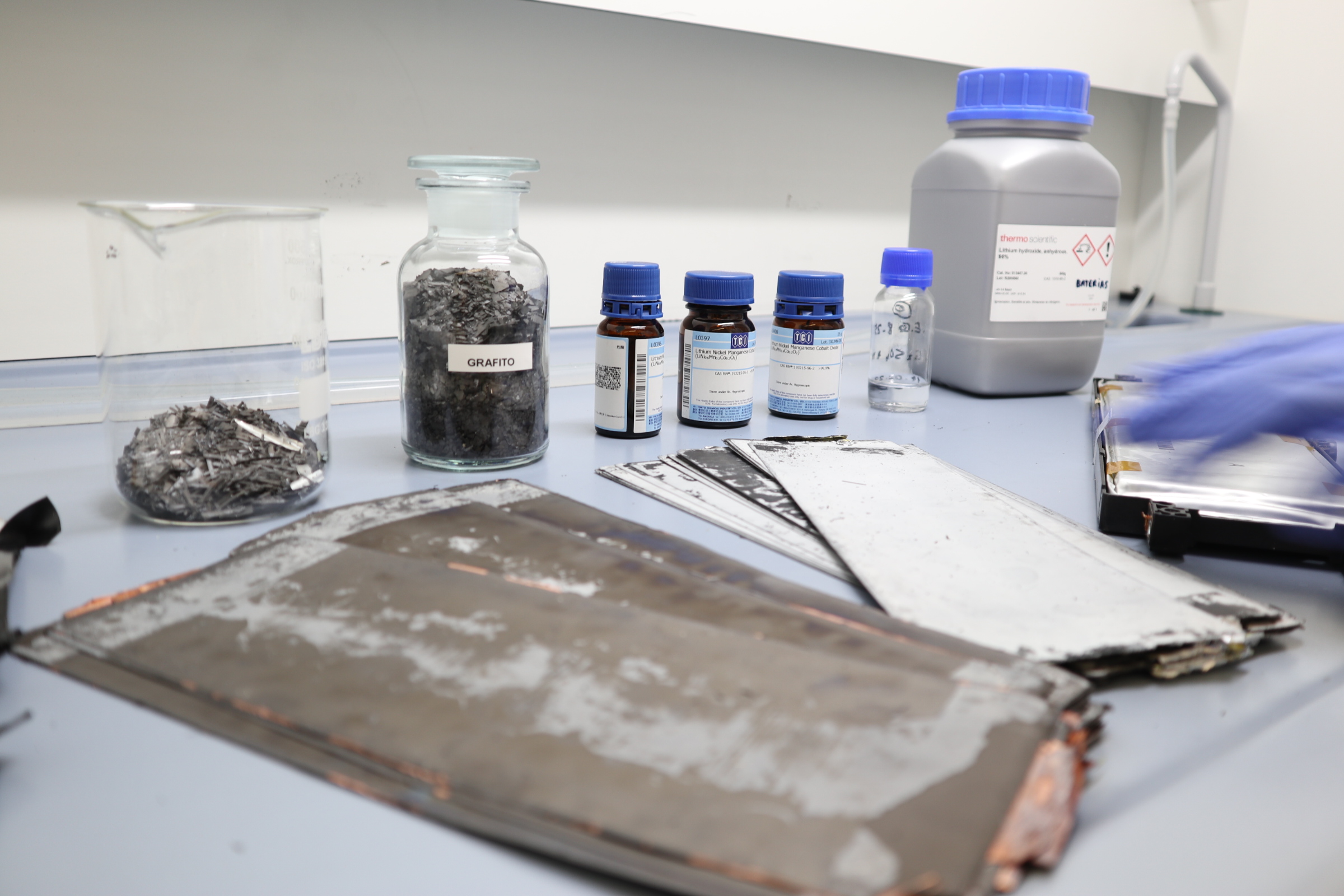
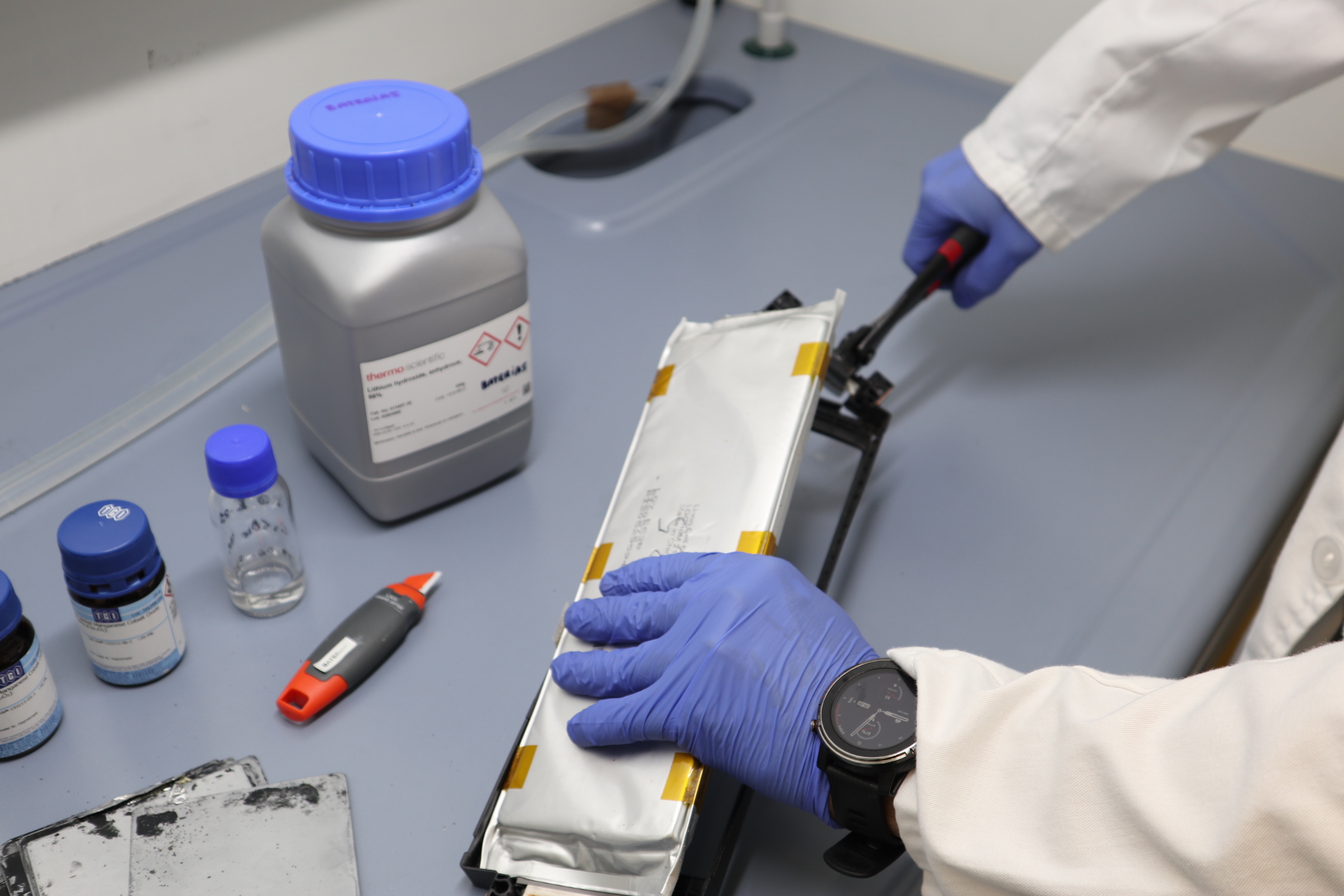
An international synergy: partners in 7 different countries
The FREE4LIB project is remarkable not only for its technological ambition and environmental commitment, but also for its international collaborative approach.
With a consortium composed of 22 partners spread across 7 different countries – Spain, Germany, Belgium, Austria, Italy, France and Turkey – each brings an essential piece to the complex puzzle of lithium battery recycling. From research institutions to companies and public bodies, the diversity of FREE4LIB’s partners ensures a rich fusion of expertise, experience and perspectives.
This cross-border collaboration not only enriches the development of the project, but also reflects the global nature of the environmental challenges we face. By joining forces, FREE4LIB partners including CARTIF, establish a model of international cooperation that underlines the importance of working together to achieve sustainable and effective solutions that transcend national barriers, promoting a more circular economy and a greener future for Europe and the world.
Environmental commitment: our legacy for future generations
The FREE4LIB project represents a significant step towards decarbonizing the transport sector and reducing dependence on critical raw materials. By addressing the full life cycle of lithium batteries, from design to recycling, FREE4LIB aims not only to improve the efficiency and sustainability of these processes but also to lay the foundations for a greener and more circular future.
It is essential to highlight that FREE4LIB’s commitment to the environment goes beyond technological innovation; it is a commitment to a substantial change in how we conceive and manage technological resources in our society, leading the way to a more sustainable and responsible future.
More information on the project website
*You can consult the TRL levels on the Ministry of Industry and Tourism website.



